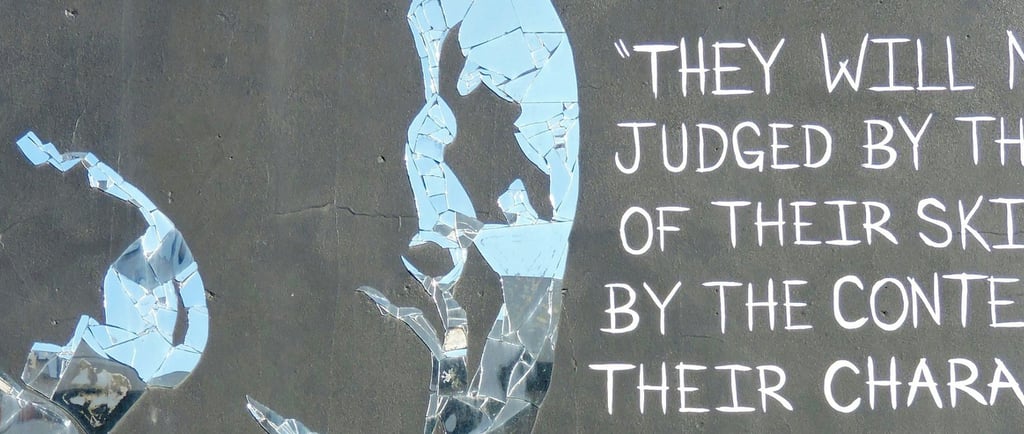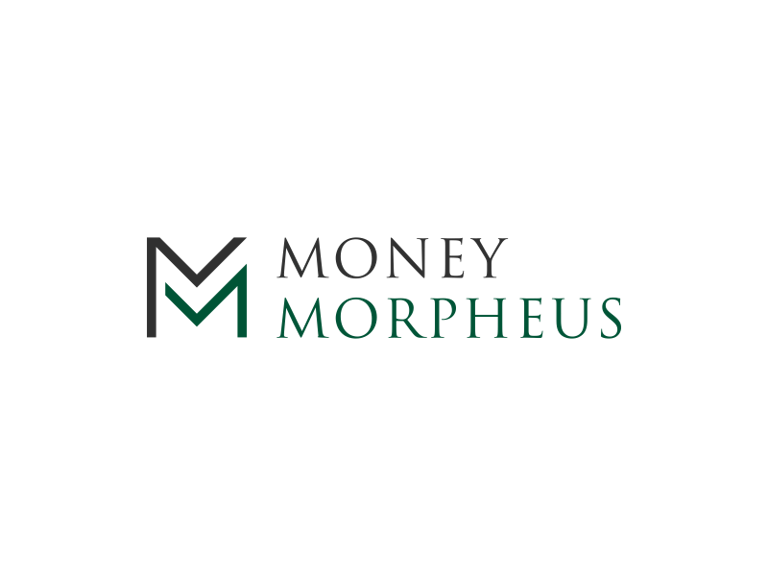Empowering the Dream: How Financial Literacy Fuels MLK's Vision of Justice and Equality
Explore how financial literacy empowers individuals and communities to achieve economic equality, fulfilling Martin Luther King Jr.'s vision of justice and opportunity for all.
1/16/20253 min read


When we think about Dr. Martin Luther King Jr., we often focus on his work to dismantle segregation, fight for civil rights, and inspire a nation to embrace equality. However, one of the lesser-discussed aspects of his vision was his deep commitment to economic justice. Dr. King understood that true equality requires more than social and political rights; it also demands economic empowerment. Today, financial literacy plays a critical role in fulfilling that vision, equipping individuals and communities with the tools to achieve economic independence and close the wealth gap.
MLK’s Vision for Economic Justice
In the final years of his life, Dr. King shifted his focus to economic inequality, launching the Poor People's Campaign in 1968. He argued that the fight for civil rights was incomplete without addressing the systemic economic barriers faced by marginalized communities. Dr. King said, “We must recognize that we can’t solve our problem now until there is a radical redistribution of economic and political power.” His call to action emphasized the need for living wages, access to quality education, affordable housing, and financial resources.
Dr. King understood that poverty and financial insecurity are deeply intertwined with social injustice. Economic empowerment, he believed, was essential for marginalized communities to thrive. While systemic change remains a crucial component, financial literacy is a powerful tool that individuals and families can leverage to build wealth, gain independence, and help realize MLK’s dream.
The Importance of Financial Literacy
Financial literacy refers to understanding and effectively managing personal finances, including budgeting, saving, investing, and planning for the future. For historically marginalized groups, financial literacy can be a pathway to breaking cycles of poverty and creating generational wealth. Here’s why it’s so important:
Closing the Racial Wealth Gap
The racial wealth gap remains a significant barrier to economic equality. A 2019 report by the Federal Reserve found that the median wealth of white families was nearly eight times that of Black families. While systemic inequities like discriminatory lending practices and wage disparities contribute to this gap, financial literacy can empower individuals to make informed money decisions, from avoiding high-interest loans to investing for the future.Breaking the Cycle of Poverty
A lack of financial literacy often perpetuates cycles of poverty. Without basic knowledge about budgeting, saving, and credit management, individuals are more likely to fall into debt and financial insecurity. Teaching financial literacy equips people with the skills to manage resources effectively, build savings, and work toward long-term financial goals.Building Generational Wealth
One of the most impactful ways to create economic stability is through generational wealth—assets passed down from generation to generation. Financial literacy enables families to plan for the future, invest in appreciating assets like real estate or stocks, and ensure their children have access to education and opportunities.
How Financial Literacy Aligns with MLK’s Dream
Dr. King’s dream was rooted in the belief that everyone deserves an equal opportunity to succeed. Financial literacy aligns with this vision by providing individuals with the knowledge and skills to seize those opportunities. Here’s how financial literacy contributes to fulfilling his dream:
Empowering Communities: When individuals gain financial knowledge, they are better equipped to contribute to their communities' economic growth. This can lead to stronger local economies, job creation, and improved quality of life for everyone.
Promoting Financial Independence: Financial literacy helps individuals move away from reliance on predatory financial systems and toward independence, giving them greater control over their economic futures.
Advancing Equity: Financial literacy initiatives can help level the playing field for historically marginalized communities by addressing financial disparities and providing equitable access to resources and education.
Taking Action: Promoting Financial Literacy Today
We must prioritize financial literacy for all to honor Dr. King’s legacy and promote economic equality. Here are some actionable steps to make this vision a reality:
Expand Financial Education in Schools
Integrating financial education into school curriculums ensures that young people learn essential money management skills early in life. Teaching topics like budgeting, credit, and investing can prepare students to make informed financial decisions as they enter adulthood.Support Community Programs
Nonprofit organizations and community centers often offer free or low-cost financial literacy workshops. Supporting these programs through funding, volunteering, or participation can help spread financial knowledge to underserved populations.Advocate for Policy Change
Advocating for policies that promote economic justice—such as fair lending practices, affordable housing, and access to financial resources—can help create a more equitable financial system.Share Knowledge
If you’ve gained financial knowledge, consider sharing it with others. Whether through mentoring, hosting workshops, or writing about your experiences, spreading financial literacy can have a ripple effect in empowering communities.
Dr. Martin Luther King Jr.’s vision for justice and equality extended beyond the courtroom and the ballot box; it included economic empowerment as a cornerstone of true equality. Financial literacy is a key component of that empowerment, providing individuals and communities with the tools to overcome financial barriers, build wealth, and achieve independence. By prioritizing financial education and taking actionable steps to promote economic justice, we can honor Dr. King’s legacy and move closer to fulfilling his dream of a more equitable society.
This MLK Day, let us remember that the fight for justice includes the fight for economic opportunity—and that financial literacy is a powerful way to carry that fight forward.
Contact:
Money Morpheus® is a registered trademark of Fischer Financial Group, LLC. All rights reserved.
